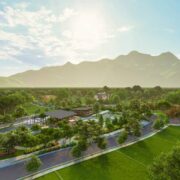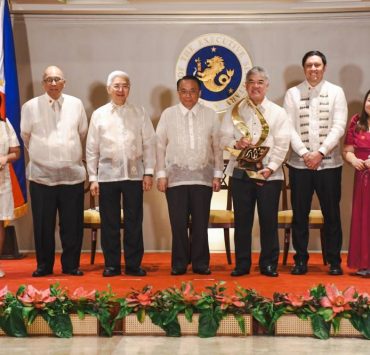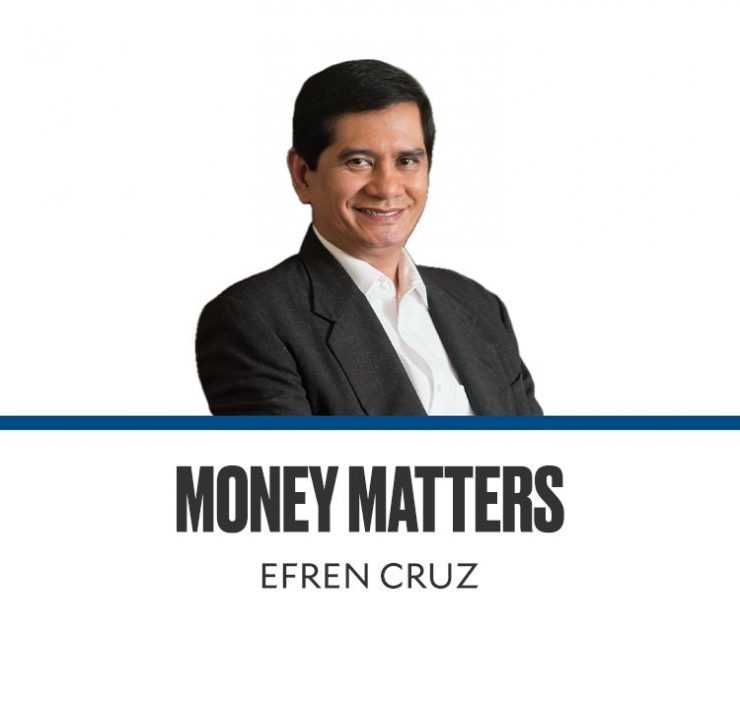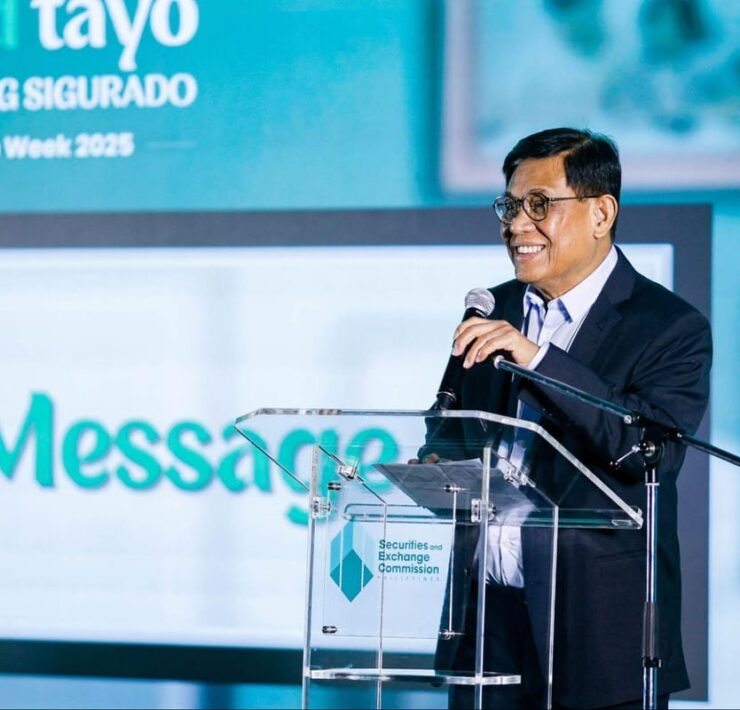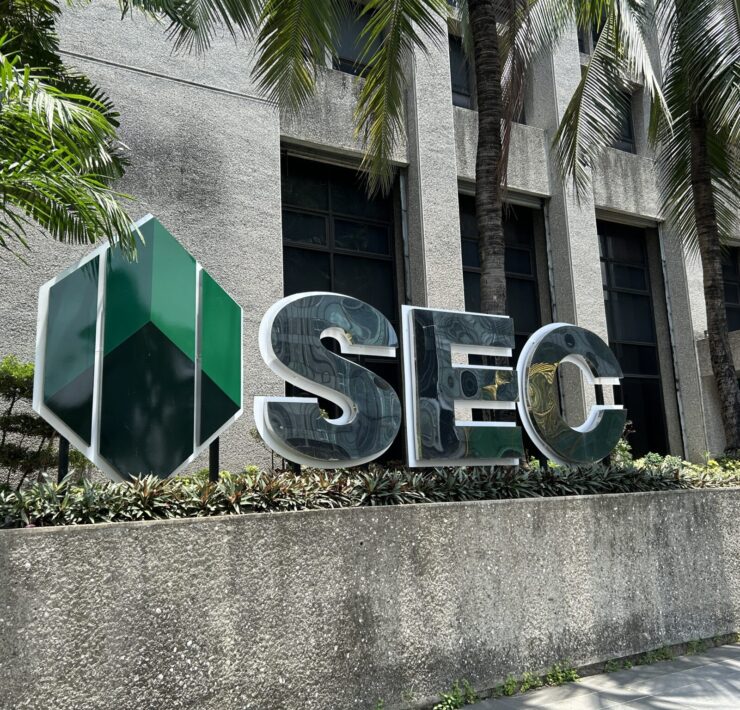Building sustainable communities: The future of cities
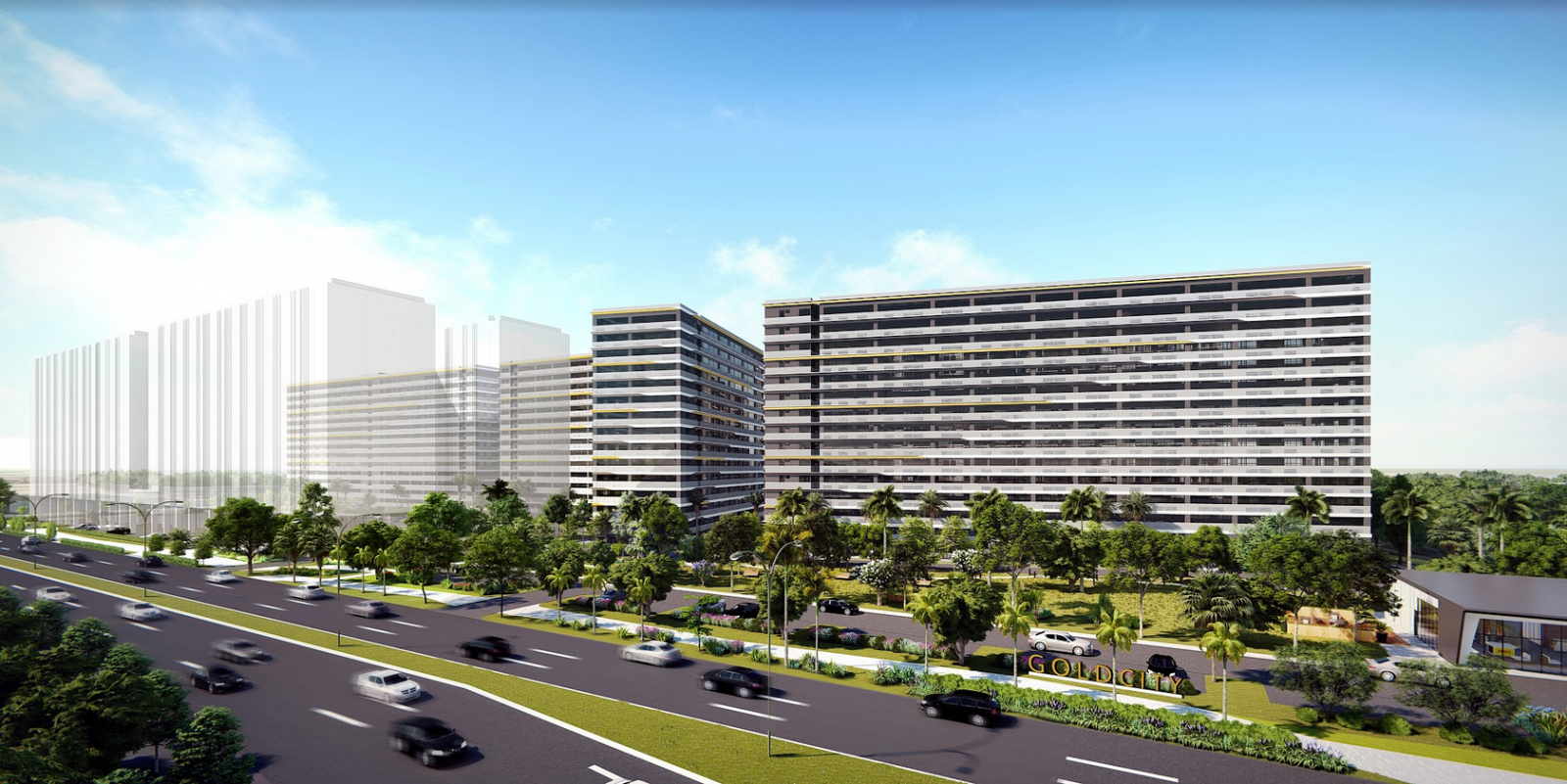
As cities continue to grow, they need to be more resilient to climate change. They should be able to provide adequate public spaces, infrastructure, and public transport to encourage eco-friendly mobility and reduce carbon emissions.
A well-planned city, according to UN Habitat, should be compact, integrated, and connected, thus enhancing quality of life and accommodating population growth sustainably.
“Our commitment to developing sustainable integrated properties is matched by our efforts to foster vibrant, inclusive communities wherever we build legacy properties that weather the challenges of time and that last for generations,” says Jessica Bianca Sy, lead executive for Design, Innovation and Strategy for SM Prime Holdings Inc. and SM Development Corp. (SMDC).
Sy shared some key principles and practices on sustainable urban development.
Efficient land use
Mixed-use development minimizes land consumption and urban sprawl.
“Our property developments are designed to blend retail, residential, commercial, and leisure spaces within efficiently managed areas. They rejuvenate urban landscapes and create new communities that act as economic and cultural hubs, emphasizing inclusivity, environmental protection, and heritage preservation,” Sy said.
Transport planning
Sustainable urban planning prioritizes public transport, cycling, and walking over private car use.
SMDC developments are located in central business districts and near transport terminals to allow residents to have easy access to everyday essentials and economic opportunities. SMDC integrates land use planning with transport planning, thus reducing the need for unnecessary trips using private car.
This, according to Sy, is combined with the company’s efforts to introduce the 15-minute city concept, wherein essential needs and services are within a 15-minute walking or cycling radius.
Green spaces and biodiversity
Incorporating parks, green roofs, and green walls into building design enhances biodiversity, improves air and water quality, and provides recreational areas for residents.
SMDC aims to create thriving places by planting and conserving native species, and by selecting native and naturalized tree species and locally sourced landscape materials—alongside efforts to align park connectors and non-motorized priority routes with natural edges and open spaces. This creates multiple encounters for residents to appreciate nature.
Energy efficiency
Developers need to provide innovative renewable energy solutions to keep up with the demands of rapid urban growth.
SMDC has partnered with franchise holders to manage energy use and move toward net zero emissions. Through partnerships, it hopes to work toward an “integrated smart energy management system” that is proactive, organized, and systematic in managing energy use in buildings and infrastructure to satisfy environmental and economic requirements.
Water management
With the country’s high rainfall intensity, rain gardens and vegetated swales are applicable for small catchment areas.
Combined with detention and detection tanks and ponds, these can reduce the flow velocities and slow down water runoff—beautifying the surrounding landscape, and providing a cost-effective natural drainage system.
Resilience and adaptation
In a climate-vulnerable country like the Philippines, disaster preparedness and infrastructure resilience are priorities. SMPHI developments include elevated construction and robust water management, flood prevention, and earthquake-resistant designs. For instance, SM City Masinag features a rainwater catchment system that prevents flooding by collecting rainwater from the mall and surrounding areas.
Community engagement and equity
Inclusive planning processes involve community members in decision-making.
The hallmark of an SMDC property is its vibrant community. Its well thought out properties provide residents easy access to essential services. Its resort-style amenities and hotel-like lobbies encourage social interaction. SMDC regularly conducts community engagement activities to provide avenues for social connections and opportunities for networking, and to build a culture of neighborliness and altruism.
What makes a city thrive, according to Sy, is a combination of how its dwellers live, how it is managed locally, and how developers create opportunities for movement, synergy, and prosperity. It is a combination of celebrating life to its fullest capacity with the community at its very heart.













